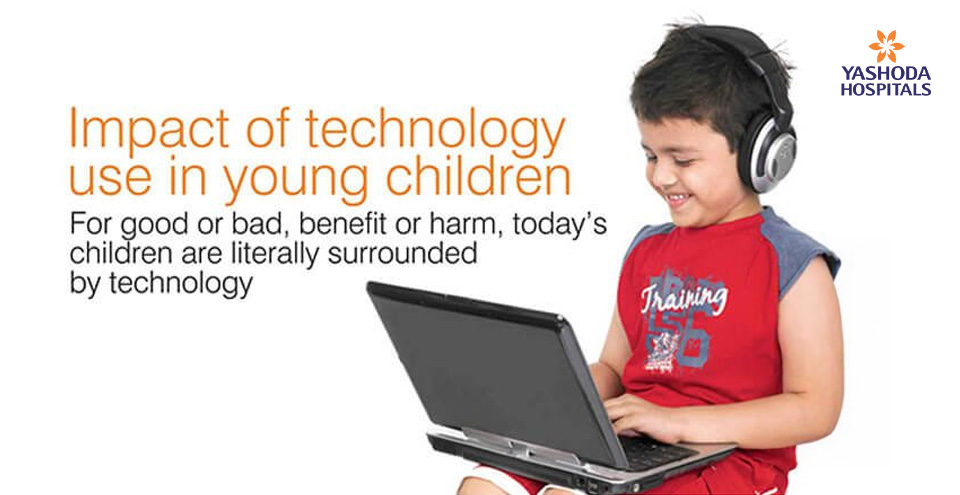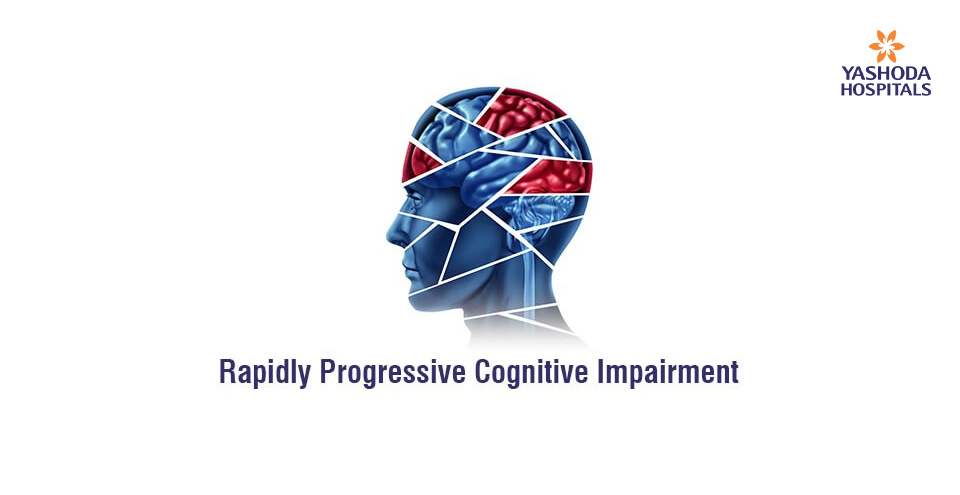Impact of technology use in young children

Today, technology has become an integral part of our life. We are dependent on technology to fulfill our day-to-day needs and requirements. Technology touches our lives every minute, while we are awake as well as asleep. Technology has its positive and negative impact on all age groups. Sensible and discreet use of technology helps to reap the benefits, and makes life greatly happier and joyful.
The impact of technology on children, negative as well as positive has been the subject of discussion and research now. With increased access to mobile gadgets and availability of high-speed data, there has emerged new challenges for parents, community and policy makers. As children gain from the use of technology, there are equal chances of regressive fall-out on children’s mental growth, values and social perceptions.
CHALLENGES OF CHANGE
As tablet PCs and lap-tops fast replacing text books as learning sources, the question is whether the child is using technology for enhancing learning or to seek entertainment. The challenges are evident as
- Each child’s liking for new and latest online games, and considerable spending of time on playing online games. How far and how much will there be parental/teacher’ control is subject to debate.
- The impact of more and more of the virtual on the child’s mind has its repercussions as developing a negation of reality, and developing a mindset of ‘do what one likes’ attitude.
- Spending more and more time on new technologies makes children morbid and lethargic taking its toll as back pain, weak eyesight and obesity.
- Most important of all, the child’s natural capabilities to socialize with friends, family and community are subjected to complete negation. The ‘always on’ social media has converted children into its dedicated followers, turning them into mute spectators of what is happening around them.
- Technology has had a disastrous impact on the academic performance of children. As children continue to spend more time in front of interactive screens / monitors, and seek new entertainment avenues online, technology fuels the fire by enabling the same.
- The fundamentals of English language, esp. its vocabulary, grammar and usage are greatly being eroded as texting, messaging and short messaging. The ungrammatical and anti-lexicon trend has become the funda of the new generations. The rich traditions of English literature and language are least bothered, and there is inordinate liking that is developed for the crooked and twisted English.
NECESSITY FOR BALANCE
According to psychologists as well as psychiatrists, the onus is definitely on peers, parents, teachers and children’ own selves. Definitely, technology has brought a sea of change in the way learning and teaching is furthered. Electronic devices like tablets and phones have made learning greatly enthusiastic, lively and interesting. The interactivity offered by new technologies has given a new dimension to reinforce experiential learning, where simulation provides greater practice that may not be possible in realistic situations. There is a common point of consensus about technologies and their possible impact, negative or positive, on child’s learning and thinking capabilities, that a balanced approach is needful.
Children should divide their time so that they develop equal focus on technology and realities of life. By spending more time with the child, parents, families and teachers contribute to nurturing and furthering basic human values and sensitivities. Also, by exposing the child to outdoor life viz. playing games in open air with friends, providing group-tasks and scope for work-outs and physical exercises, there is complete development of the child. Proper diet and adequate sleep also go a long way in turning the child into a healthy and productive individual of the society.
CONCLUSION
Our world is greatly marked by change, which is imminent. Change brings with it new technologies, challenges and benefits. The difference lies in the degree of exposure to change, and focused efforts to draw greater benefits from change. Technology-enabled learning has revolutionized by the way learning is furthered and received. New entertainment avenues enabled by technology has brought vast changes in the child’s attention, information overload, decision making, and memory/learning conditions. A balanced approach seems to be the only way-out to annul the regressive tendencies of unbridled technology use by children.



















 Appointment
Appointment Second Opinion
Second Opinion WhatsApp
WhatsApp Call
Call More
More





